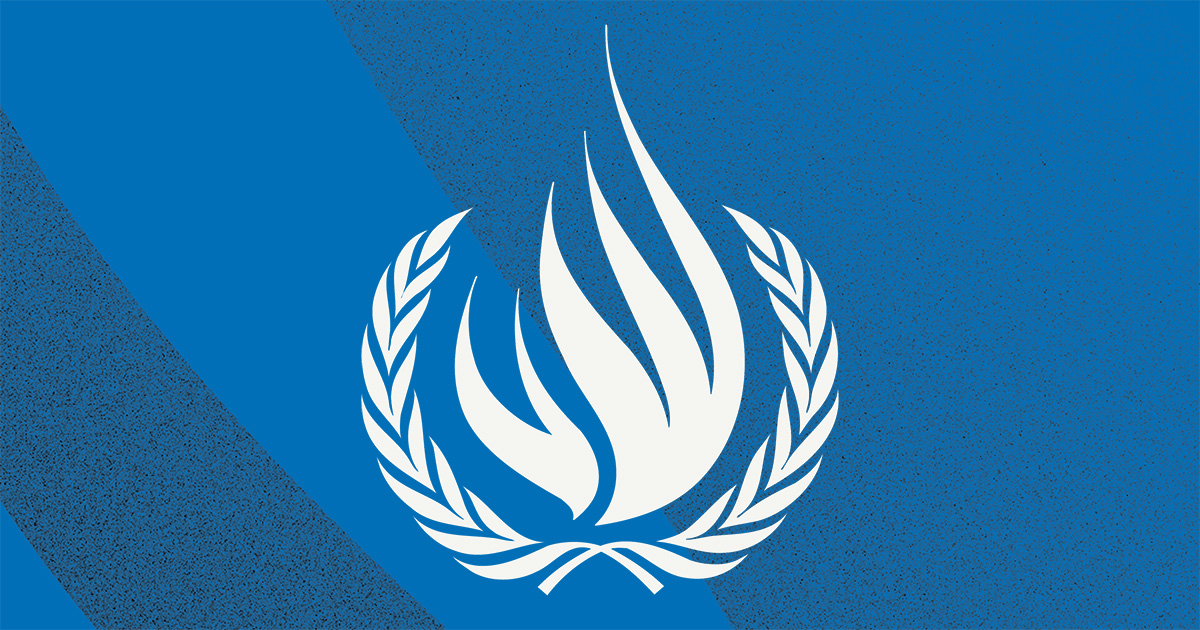
As Central Europe bakes in record-breaking heat, suffering from forest fires and rising levels of pollution, it is surprising to see how many people still feel reluctant to back the steps required to help the fight against climate change, with such actions even becoming a vote-losing issue. This is despite the fact that the overwhelming majority of the science states that, unless nation states, people and industries do something to limit the excessive human-made damage to the planet, then all the so-called efforts to transition to a greener economy will have been in vain.
In the UK, in a suburb of the capital London, a contentious plan by the city’s mayor to extend a scheme taxing the use of the most-polluting vehicles has been blamed for costing the Labour Party the chance to win Boris Johnson’s old parliamentary seat in a by-election that followed the resignation of the disgraced ex-prime minister.
London Mayor Sadiq Khan, in line with government policies and building on a plan first introduced by Johnson when he was mayor, plans to expand the Ultra Low Emission Zone to the whole of the British capital by the end of August, barring a last-ditch High Court bid to stop it. Opposition to this reflects people’s clear unwillingness to back aspects of the green transition that might cost them money or push them away from their usual habits and mode of living.
The scheme, first introduced in inner London in 2019 and separate from its two-decades-old congestion charge, requires more-polluting vehicles to pay a £12.50 ($16.11) toll on days they are driven within the zone’s borders. Amid the worst cost-of-living crisis in a generation, the imminent enlargement has provoked fury in Outer London, including in the Uxbridge and South Ruislip parliamentary constituency, where last week’s by-election was held.
Labour had been expected to win due to the widespread dissatisfaction with the ruling Conservatives’ handling of the economy and the scandal-tarred legacy of Johnson’s tenure. But to everyone’s surprise, the Tory candidate focused his campaign on opposition to the ULEZ extension, tapping into a local grievance that saw the Conservative Party narrowly hold on to the seat.
This defeat for Labour came during a year in which they seemed to be gathering up the momentum to oust the Conservatives from power at the next general election. The party cannot afford such hiccups, especially related to issues where a general consensus was thought to have been a fait accompli — that green transition steps are needed if we are to save the environment and the planet.
Any political party is, of course, free to use grievances over any single issue and overinflate them in an effort to win. Though this is a legitimate tactic, the ramifications of this for British politics and its efforts to fight global warming could jeopardize the country’s net-zero and clean-air targets, as they will surely collide with the short-term priorities of cash-strapped voters.
The precedent of Uxbridge and South Ruislip shows how opposition to environmental policies could rally the masses and quickly tip the balance. Just look at what happened in the Netherlands in 2019, when the government struggled to lower the speed limit to reduce emissions, or what happened in France, also in 2019, when the government tried to increase fuel taxes, sparking the famous yellow vest protests. These are all examples of what lies ahead for the efforts and policies to fight global warming.
Net-zero and clean-air targets will surely collide with the short-term priorities of cash-strapped voters
Mohamed Chebaro
It is not only the British Labour Party that needs to learn from what happened in West London last week, but all politicians across the world. When it comes to who will pay for saving the planet, this will matter even in the smallest of constituencies. And even though the majority of cars in West London are ULEZ-compliant, a concerted campaign can put at stake even the best of intentions. Generally, voters agree with the principle of saving the environment, just as long as they are not asked to modify their habits or foot the bill.
The government could have proposed paying subsidies for eligible people to help them acquire compliant vehicles or schemes to compensate or reduce the levy for those who cannot afford to pay. But that would bring us back to square one. In this age of rampant inflation, low growth and all the economic woes being felt in Britain — like elsewhere in the world after the pandemic, the Ukraine war and the related rise in the cost of energy, plus the Brexit effect in the UK — mean the picture gets more complicated. Government budgets have been squeezed and many nations will struggle to stay true to their commitments to transition their societies to more environmentally friendly regimes.
How can poorer countries meet their net-zero targets if people in the richer part of the world shy away from their obligations as both governments and electorates? Can one imagine how tall an order it will be to ensure the world transitions to a green economy if many still disagree about the science, use the matter as a political bargaining chip or are simply against it due to their ideology, such as the far-right deniers of climate change around the world?
Governments should tread carefully and work to inform, educate and even persuade the masses. This should be accompanied by a deep-pocket approach to help and compensate where needed. And if we are to have a chance in the current international political climate, all efforts should be concentrated on finding a way out, putting division, competition, ideology and strategic posturing — and even the corporate drive to gain — aside for the common good. Otherwise, humanity, to borrow the words of UN Secretary-General Antonio Guterres, faces a stark choice between working together or “collective suicide” in the battle against global warming. We must not just sit and watch as the world as we know it withers away.
Mohamed Chebaro is a British-Lebanese journalist, media consultant and trainer with more than 25 years of experience covering war, terrorism, defense, current affairs and diplomacy.
Disclaimer: Views expressed by writers in this section are their own and do not necessarily reflect Arab News" point of view












